The mental health is a very important element of general well-being, which is, however, disregarded frequently. This article will investigate why mental health must be given priority, the effects on individuals and communities, and some practical measures that can be taken to create a healthier and supportive nature of all people.
The mental health is closely associated with every aspect of life, both personal interests, and social development. In proactive management of mental health, we are able to establish a robust base to personal and group development.
Bad mental health may result in bodily conditions that include exhaustion, headaches, or is weakened immunity. Chronic stress and anxiety can even lead to the risk of heart diseases or diabetes. On the other hand, good mental health is the one that makes people resilient, energetic and healthier, and thus requires more all-inclusive care that tends to the mind and the body as well.
Mental health is the key factor to be productive and be able to learn. When people are in their right state of mind, then they can be more in the position to concentrate on issues, find solutions and maintain motivation. This is not only essential in workplace but also in school matters because psychological health has direct effect on cognitive development. On the other hand, poor mental health offers hindrance in terms of concentration and learning and minimizing effectiveness and overall production.
Economies may take a heavy burden with mental health problems. Unhealthy financial systems are seen through lost productivity, medical expenses and absenteeism just to mention a few ways in which mental health problems which are not treated end up affecting financial systems. Mental health related problems result into the global economy losing trillions of dollars annually.
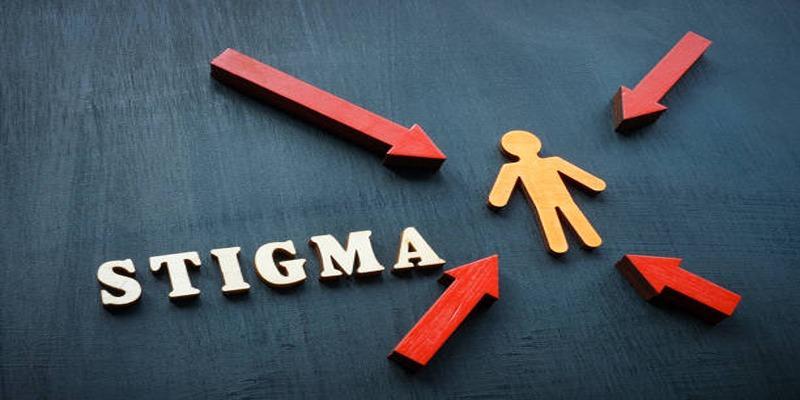
Mental health stigma commonly makes people be unwilling to take the help they need. This social stigma happens to cause isolation, intensify mental health fighting, and reinforce misstatements. The only way of addressing this stigma is to talk openly and hold education in order to seek acceptance and support. There is a possibility that communities would be vital in ensuring a normalization of the mental health discussion and a culture of empathy and understanding.
Mental health care is the primary human right. This is a major step toward equality and fairness of ensuring that all persons are in possession of the resources to ensure their mental well-being is met. It is vital to focus on mentally improving, either by offering more convenient ways to seek treatment, cheap prescription of pharmaceuticals, or comprehensive programs in workplaces. All people should have an opportunity to prosper, and they should not suffer due to the lack of mental health treatment.
Mental health needs to be addressed through a holistic approach that incorporates the individuals, the families, the community, and the policy level interventions. We may create a base of mental health by encouraging learning, providing social services and support, and enhancing healthy living. Among these areas, it is important to identify essential points that can be addressed to bring change to mental health care.
Creating awareness and knowledge creation on the subject of mental health is an effective weapon against stigma. People can be educated at schools, at work places and in campaigns in media on how to identify symptoms, the disorders and empathy. Education also means that through education, individuals would be in a better position to seek assistance where necessary and the long-term results would be better.
Through healthy communities, there is a sense of belonging and a crucial system of supporting structures. Peer support groups or wellness programs which are community programs allow individuals to have a sense of unity and share their experiences. Communities can be served by local mental health provisions and outreach programs which makes them readily available and can establish settings that promote the well-being of the community.
It is expected that families act as primary caregivers to patients with mental health issues. When the families are motivational through open communication, emotional support, and understanding, the environment could be provided with a safe environment of recovery. Family therapy and educational program are some of the resources that can be used to reinforce the involvement of families in mental health care.
Policies of the government and an organization are crucial in the development of mental health care. Funding of mental health services, changing insurance cover, and implementation of mental health systems at the workplace guarantees the provision of a solid support system among the individuals. Alteration of policies produces structural gains that have a positive impact on people.
Habits have a great impact on the mental health. Exercise, mindfulness and a nutritious diet are minor alterations that have tremendous effects. Stress may be minimized through stress elements such as checking sleep quality and creating limits particularly in the digital era. Restraining these practices leaves a person resilient.
Mental health equity is a practice that is associated with complexities premised on different factors within society, culture, and economies. Although positive change can happen through the small changes made by individuals and the policy level, it is important to tackle the possibilities of the systemic problems. The problem-solving needs a prudent combination of personal, societal, and government involvement.
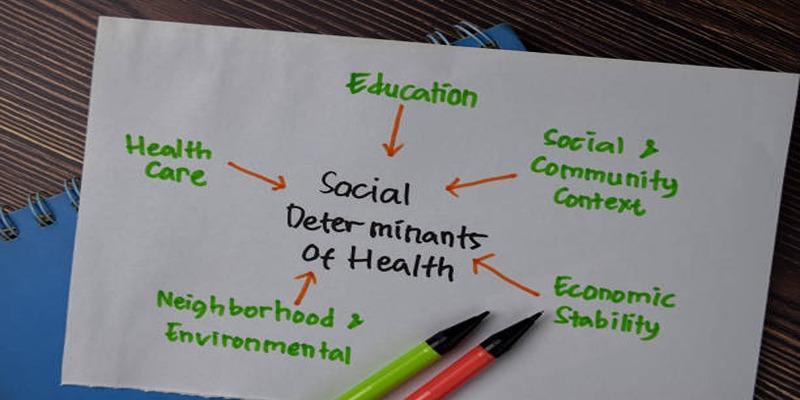
Mental health outcomes are extensively conditioned by social determinants including income inequality, access to education and the living conditions. In those communities that are less Fortune, people are stressed more and have less means to overcome it. To deal with such inequalities requires concerted efforts to increase access to affordable healthcare, education and housing.
Most organizations do not have decent mental health facilities like qualified professionals and affordable social services. This is further widened by geographic and financial barriers. Telehealth services may be expanded, more funds allocated to mental facilities, and more professionals trained to maximize accessibility to mental health care so that it may become equal among all persons.
Personal health, the strength of the community, and the development of the society are focused on mental health. Stigma can be broken by focusing on access, education, quality families, good communities, wise policies, and healthy lifestyles to serve as a way of bridging inequalities. The real change will be experienced once mental health is regarded as a communal concern and each individual is given a chance to live well and with dignity.
 TOP
TOP
Curious about when to claim your Social Security benefit? Learn how age, health, income, and other personal factors influence this important decision and shape your retirement future
 TOP
TOP
The joys of spontaneous travel with tips for unplanned adventures, packing light, and connecting with locals for unforgettable experiences.
 TOP
TOP
Discover thrilling day trips near Cape Town, featuring stunning landscapes, cultural experiences, and adventure for every traveler.
 TOP
TOP
Discover the truths and misconceptions about medical research studies in this insightful article.
 TOP
TOP
The benefits of outdoor activities for improving physical and mental well-being.
 TOP
TOP
Discover the truth about cold weather and its link to sickness in this science-based article.
 TOP
TOP
Identify emotional clutter and discover practical ways to declutter your mind for clarity and peace.
 TOP
TOP
Debunking 7 common myths about Alzheimer’s and dementia for clearer understanding.
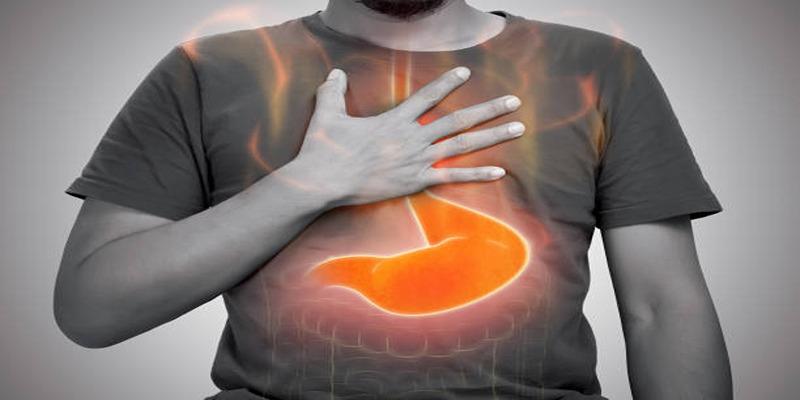 TOP
TOP
Untreated GERD can cause esophagus damage, Barrett’s esophagus, dental erosion, and cancer. Learn symptoms, risks, and why early treatment matters for health.
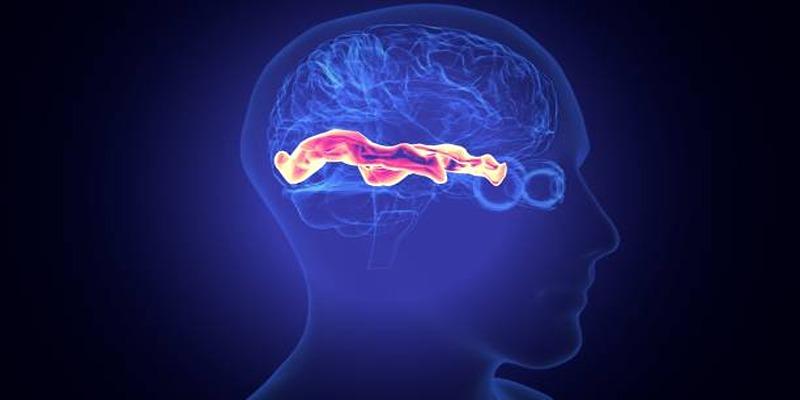 TOP
TOP
Aphantasia affects mental imagery, memory, and creativity. Explore its causes, cognitive impacts, coping strategies, and real-life adaptations for navigating life without a mind's eye.
 TOP
TOP
Mental health shapes our well-being, productivity, and equality. Learn why it matters for everyone and discover ways to build stronger support systems.
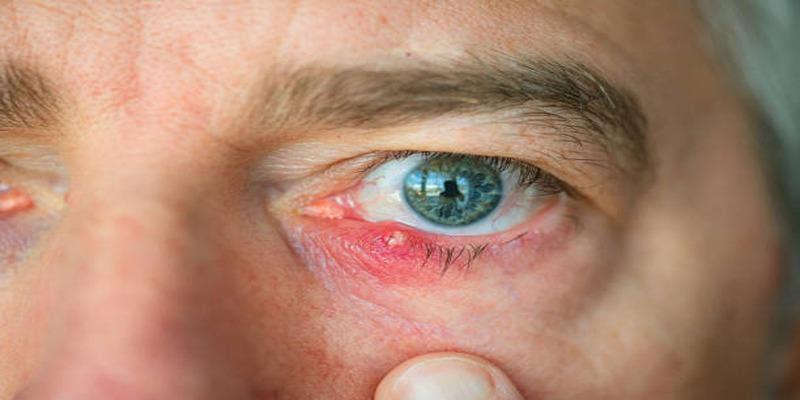 TOP
TOP
Learn to identify whether your eyelid bump is a stye or a chalazion, understand the causes and symptoms, and explore effective treatment options for better eye health and comfort.